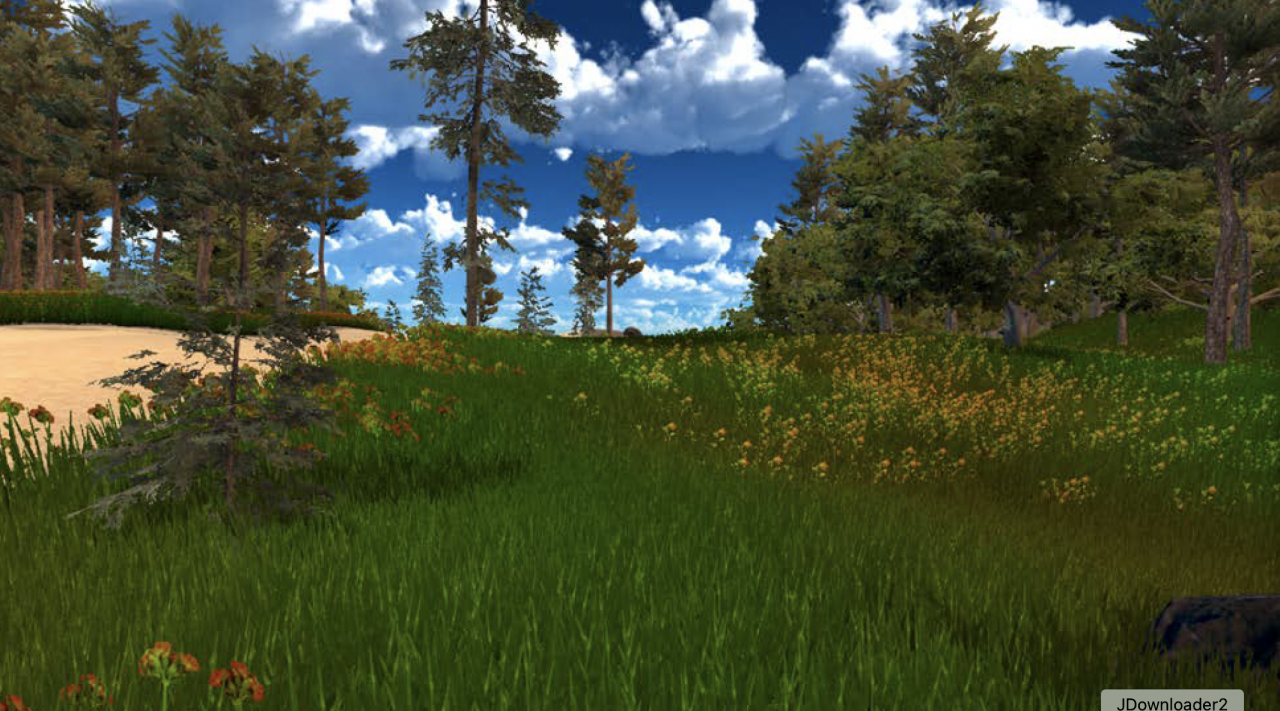|
|
||||||||||||||||||
The Effects of Virtual Reality Environments on Physiological Stress: A Platform Comparison Between Room-Scale Displays and Desktop Computers
Authors: Kamleh, F.
Publication: Submitted in fulfillment of the Capstone Requirement for the Honors College at the University of Illinois Chicago, Chicago, IL In the past, existing studies have proven the effectiveness of forest therapy as an option for stress reduction, but what happens when an individual is seeking stress relief but the outdoors is unavailable due to unpredictable weather or even a lack of accessibility? The purpose of this research project is to observe the effects of guided scenic meditation in a virtual reality environment on physiological stress. Additionally, it intends to perform a platform comparison by deploying the same meditative experience and testing its effectiveness using a room-scale display and a desktop computer, as the latter ($400 - $1000) is far more affordable and widely available relative to the former ($1 million+). Using both platforms, ten participants were asked to engage with a Unity-built meditative application that simulates the sights, sounds, and smells of a forest environment. Based on the data collected, the participants experienced a decrease in both heart rate and blood pressure, demonstrating the effectiveness of the simulation in reducing physiological stress. Similarly, according to the participants, their subjectively perceived stress levels decreased, resulting in a far more relaxed state than before. The results showcase that a virtual simulation of an environment actively contributes to stress reduction and can be used in cases when the outdoors is unavailable. The platform comparison demonstrates that the product of the research - a guided scenic meditation application that simulates a forest - is accessible and does not require a million-dollar room-scale display in order to be effective in reducing stress. Date: April 28, 2023 Document: View PDF |